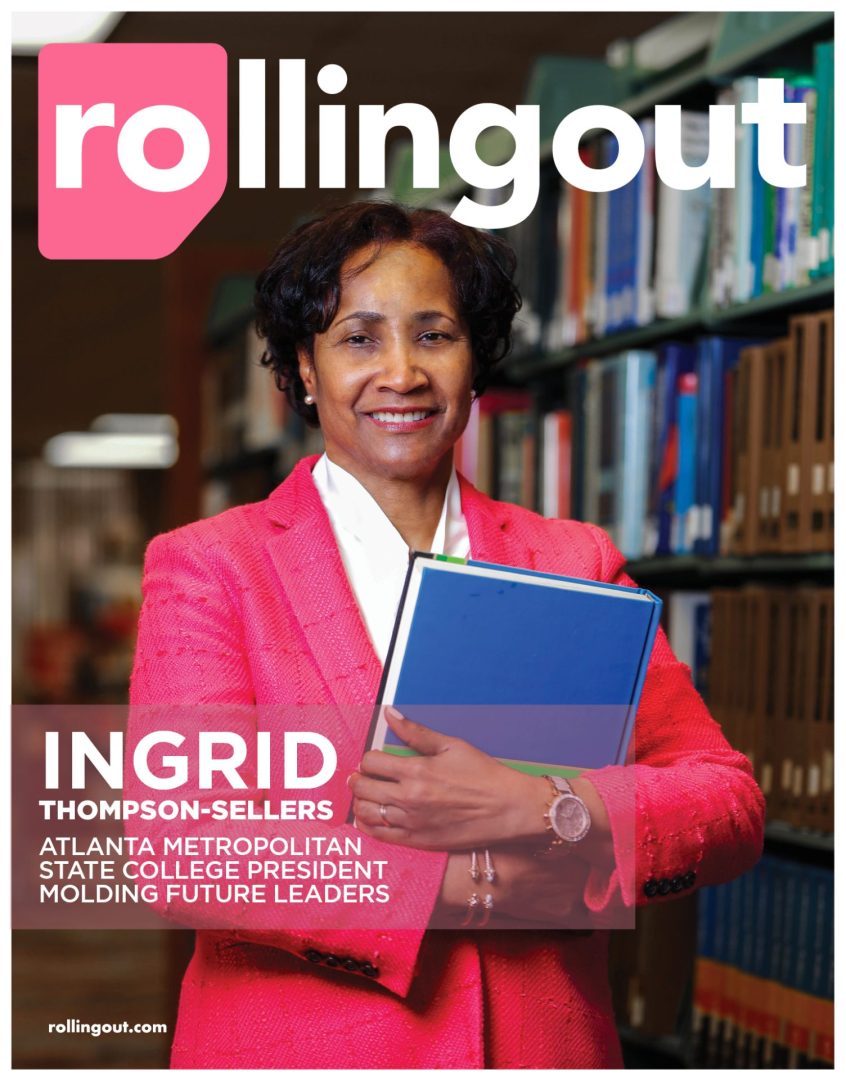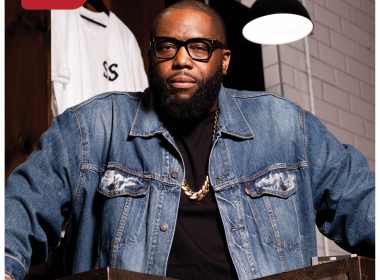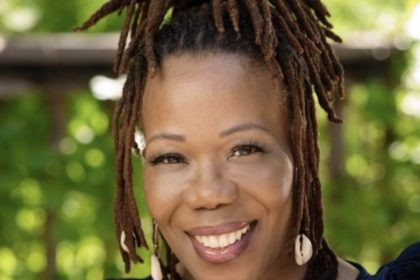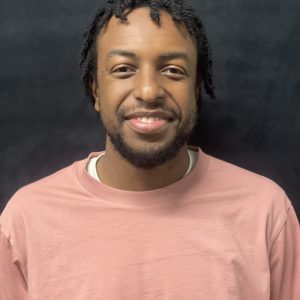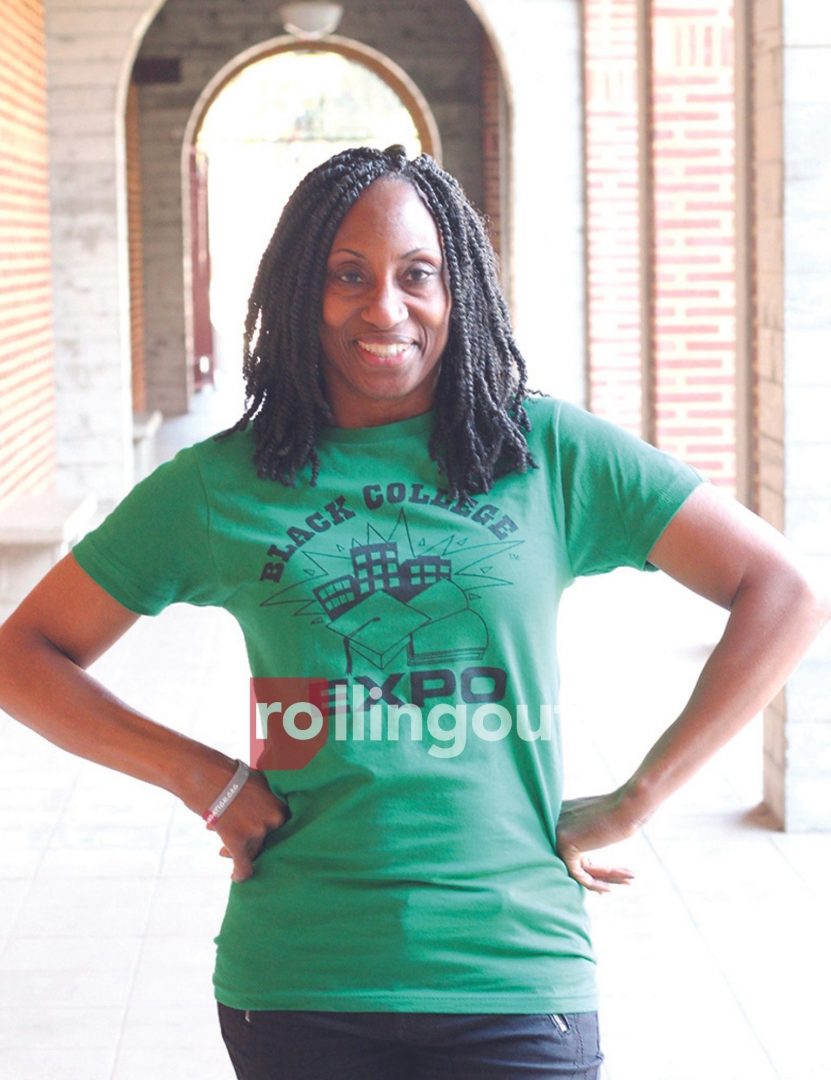
Theresa Price founded the National College Resources Foundation in 1999. The Compton, California, native’s organization has secured over $1 billion in scholarships and grants to help over 500,000 students and 350,000 first-generation students. She also launched the Black College Expo events that provide resources for “as many as would come.” Recently, Price spoke with rolling out about her career path from being an aspiring actress to working in broadcast journalism and the music industry to running her nonprofit to focus on the next generation.
How did you transition from your first act to your second act?
I had a big artist, TQ at the time, and everybody wanted to sign him, so with that, we ended up signing with Epic. Then, one day God just told me this is not why you’re here. Yes, you’re doing all these big deals and all of that, but you’re here to be a vessel for young people.
I really found that out when I got really sick. They found cancer in my stomach. When I was in the hospital, God just came back and said, “You’re doing all this, but you’re here to be a vessel for young people.” So then, I [asked], “How am I going to make money from that?” God said, “Don’t worry. I got you.”
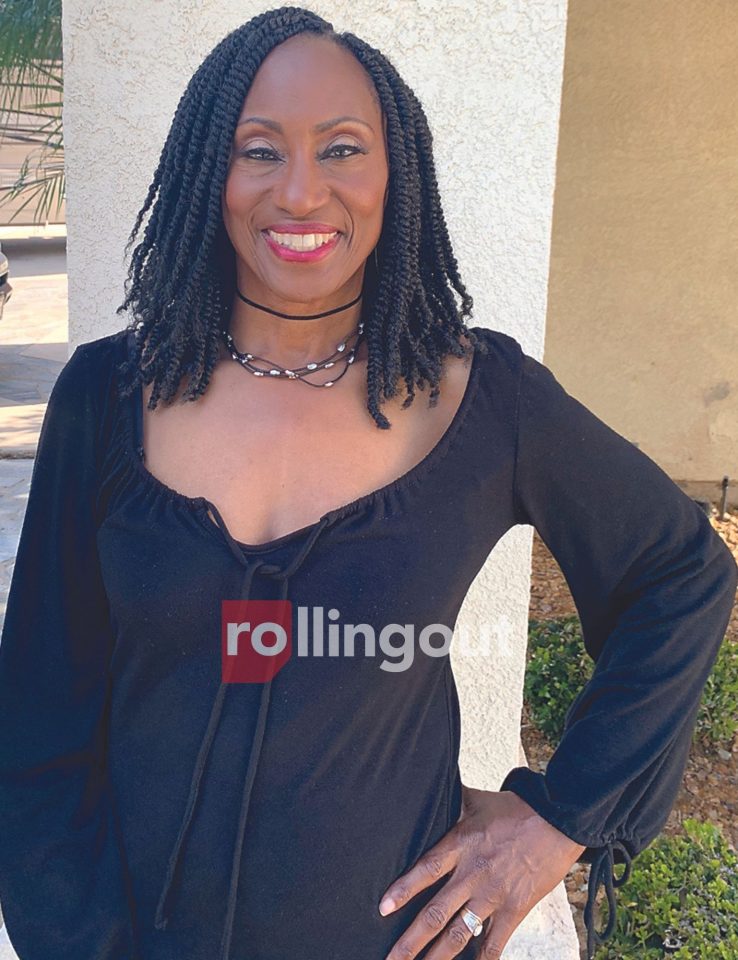
What types of services and programs does the National College Resources Foundation provide?
We are a 501(c)(3) nonprofit educational enhancement agency. Our mission is to curtail the high school dropout rates and increase enrollment to degree and certificate programs to serve underrepresented, at-risk, low-resource, homeless and foster students. Our vision is to close the gap in educational achievement, workforce and economic disparities, with a goal to end racism and racial inequalities. Every day, we work with about 80 schools [and] 170,000-plus students [per] year.
You’re so passionate about your organization, where does that come from?
I was a young girl, the youngest of nine, from Compton, California. I remember growing up, and I questioned myself, “Why did I only see funeral homes, liquor stores, fast-food restaurants and churches [in my neighborhood]?”
I know we need the church, if the church wasn’t there, the [streets] probably would’ve gotten me. … You look at our community and ask, why is it [like] that? Why do we feel like there’s a ceiling? We shouldn’t feel like we’re in a box. We shouldn’t feel like we can’t do [better]. … I don’t want another kid [to feel like that], so students if you’re out there listening to this, don’t let anything deter you from being great because you’re born great.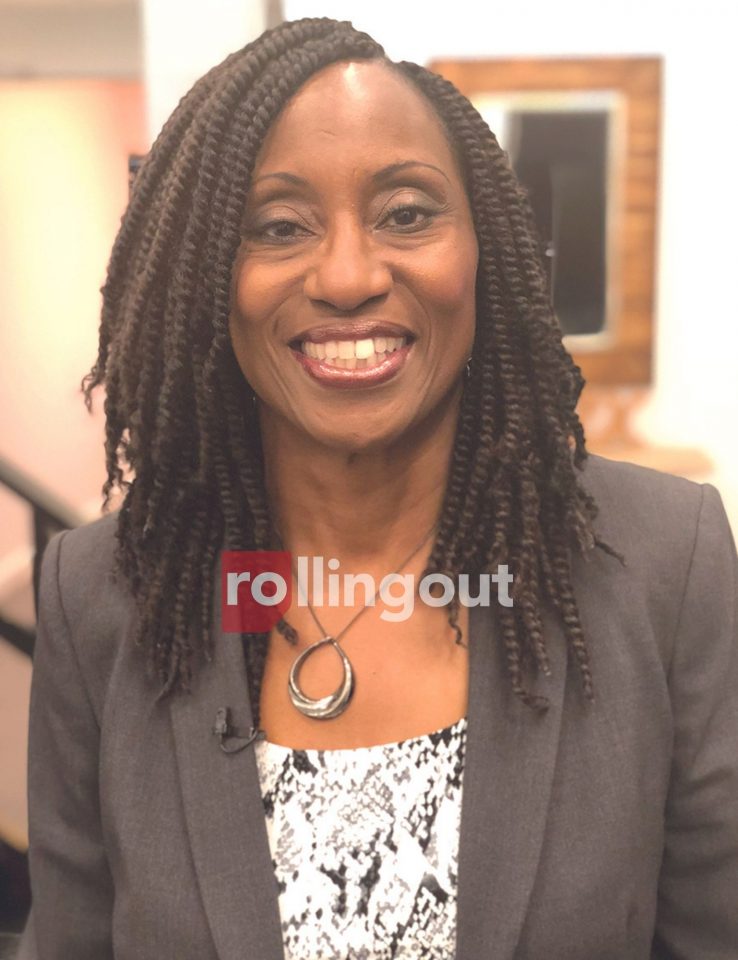
You’ve helped 500,000 students get into college. You’ve secured one billion dollars in scholarships and grants, boast a 100% graduation rate among Black students and 93% among all other students. Ninety-five percent of scholarship winners finished college. These are staggering and positive statistics. To what do you attribute your success?
Love wins. When you just said those numbers, I got teary-eyed because I just know that God brought me here for a reason.
I feel like it’s a sacrifice that we have to make to make a difference. We know our stuff is not right, our communities aren’t right, the treatment, the fear that equitable access all that is unfair, but instead of sitting there and talking about it, what I say to myself is, “What am I going to do about it?”
I want to invest in students. Raise money for students, so that we can help them not only get to college but get through college and help them also find their career or own their business or whatever it is they’re trying to be.
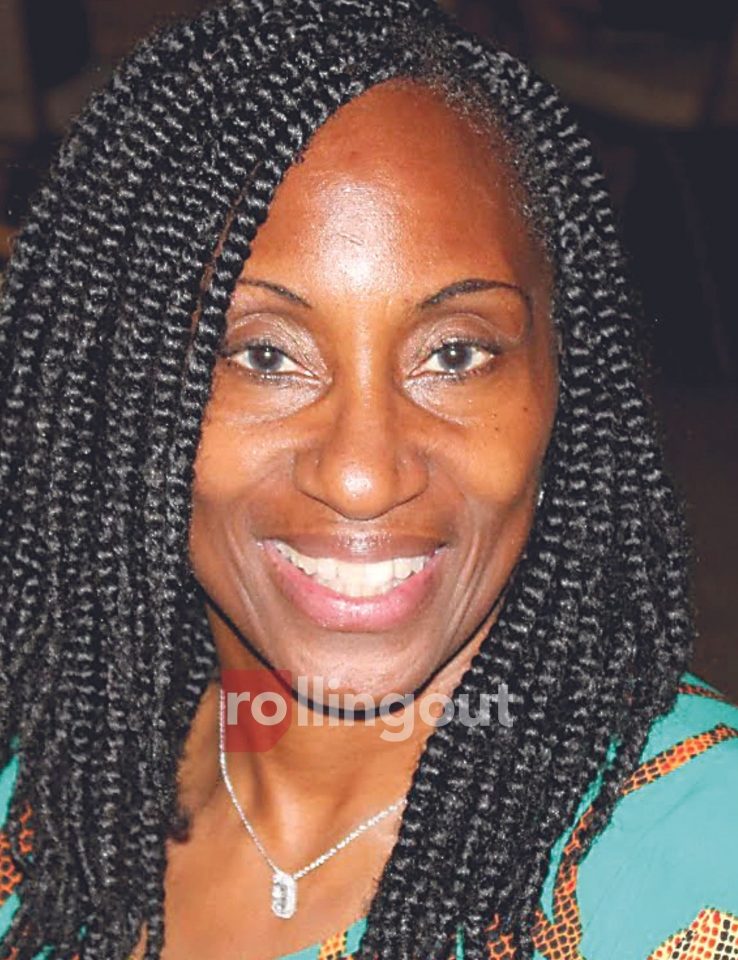
How do young people get to participate in these programs?
We’re here to serve. Our internships and careers manager Denise Parker, who also does our special projects and Black student success initiatives, works with our team and a few other people to galvanize all the corporations that say they want diversity.
[For internship interviews with those corporations, Parker] prepares those students for the interview. We help them. If anybody reaches out to us, we’re not going to turn anybody away. Because of the need, we created a college and career team of individuals who just have a passion for helping students [with] readiness, how to prepare, how to get in, how to find scholarships, how to do the financial aid for even the California Dream Act form.
Words by Rashad Milligan
Images courtesy of National College Resources Foundation
Upcoming dates for Black College Expo in 2022:
Atlanta – March 26
Chicago – April 16
Detroit – Sept. 24
For more information, visit www.thecollegeexpo.org.



